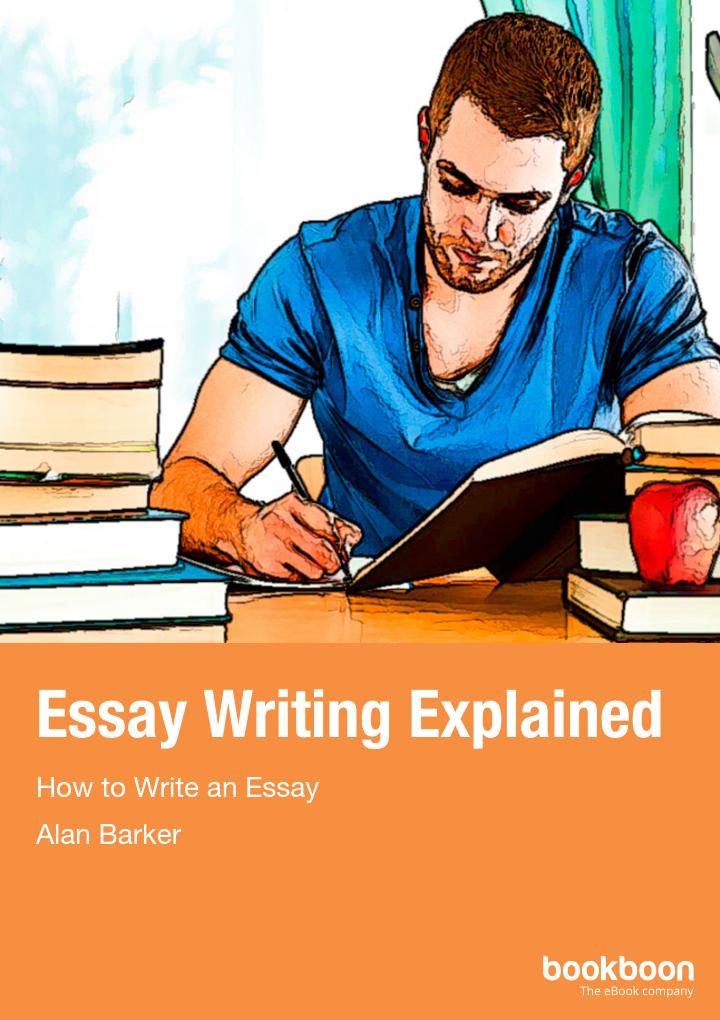The 3 defining features of a great essay

For some students the most traumatic element during their years at university is writing essays. It doesn’t have to be like this. Once you know how to go about putting a good essay together, it is less work than you might think. Let’s take a look at the 3 most essential elements every essay needs.
3 main features of an essay
An essay does three things.
- It addresses a topic,
- it answers a question,
- and, it (usually) takes the form of an argument.
1. Finding your topic: where do you stand?
First, an essay addresses a topic.
Many textbooks will tell you that a topic is the essay’s subject. That’s not quite true. An essay’s subject is simply what it’s about: it’s a label, like the label you might put on a box file, or the name you’d give to a folder on your computer. An essay’s topic is the position it takes on the subject. It expresses your view on the subject.
To find your topic, ask: What’s my perspective on this subject? What’s my position?
Suppose the subject of your essay is the French Revolution. To find potential topics for this subject, you could start by creating phrases beginning with the words ‘why’ or ‘how’.
How the French Revolution began?
Why the French Revolution collapsed into despotism?
How the French Revolution influenced revolutionary movements elsewhere?
If you’re writing a dissertation or a post-graduate thesis (for a PhD, for example), you’ll be asked to choose your own topic: you may spend some time with your supervisor refining that topic. If you’ve been set an essay to write, then the topic will be indicated or suggested by the question you’ve been given.
2. What question are you answering?
The problem is that, sometimes, the question doesn’t look like a question. Many essay questions are in the form of instructions. These instructions are contained in directive words: for example, ‘outline’, ‘compare and contrast’ or – that word guaranteed to strike fear into the heart of any essay writer – ‘discuss’.
You must answer the question. But you’ll need to do more: you have to support that answer with an argument.
3. What do you mean, ‘argument’?
We tend to use the word ‘argument’ to mean a disagreement. But we can also use the word ‘argue’ in the sense of ‘making a case’. We use this meaning of the word for more formal situations: we might talk about a lawyer arguing her case in court, or a politician arguing for reduced taxes.
This is the kind of argument you need to construct in your essay. It should address the topic and answer the question.
To sum it all up: An essay takes your reader on a journey, from introduction to conclusion.
Three elements of an argument
An academic argument is made up of three elements.
- A claim that you are arguing for
- A reason to support that claim
- Reasoning and evidence to link the reason to the claim
In its simplest form, an argument takes the form: [Claim] because [Reason].
In academic writing, we usually call an argument’s claim a thesis or thesis statement. A well-constructed essay uses two elements to support its thesis statement:
- reasoning, which presents ideas in a logical structure,
- and evidence, information suggesting or demonstrating that the ideas are credible or true.
If you can create a clear thesis statement, and support it with logically connected ideas and carefully presented evidence, your essay will stand out from all those essays that are nothing more than collections of facts.




